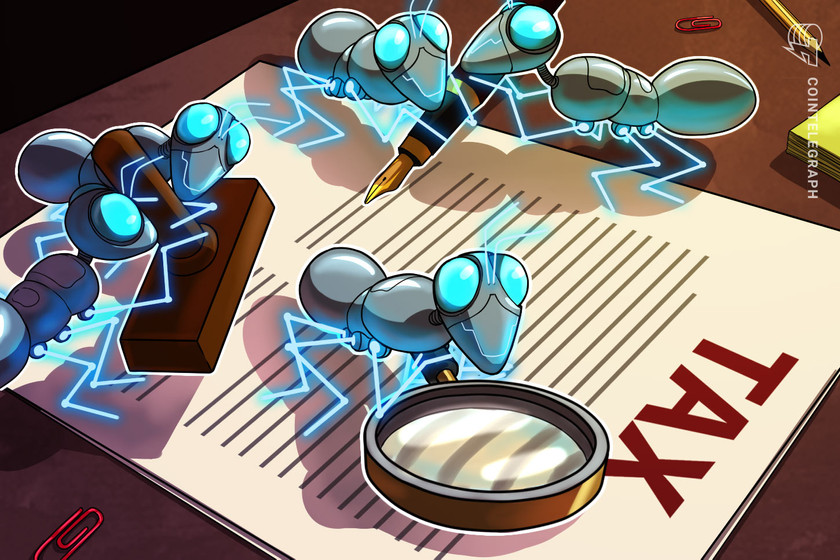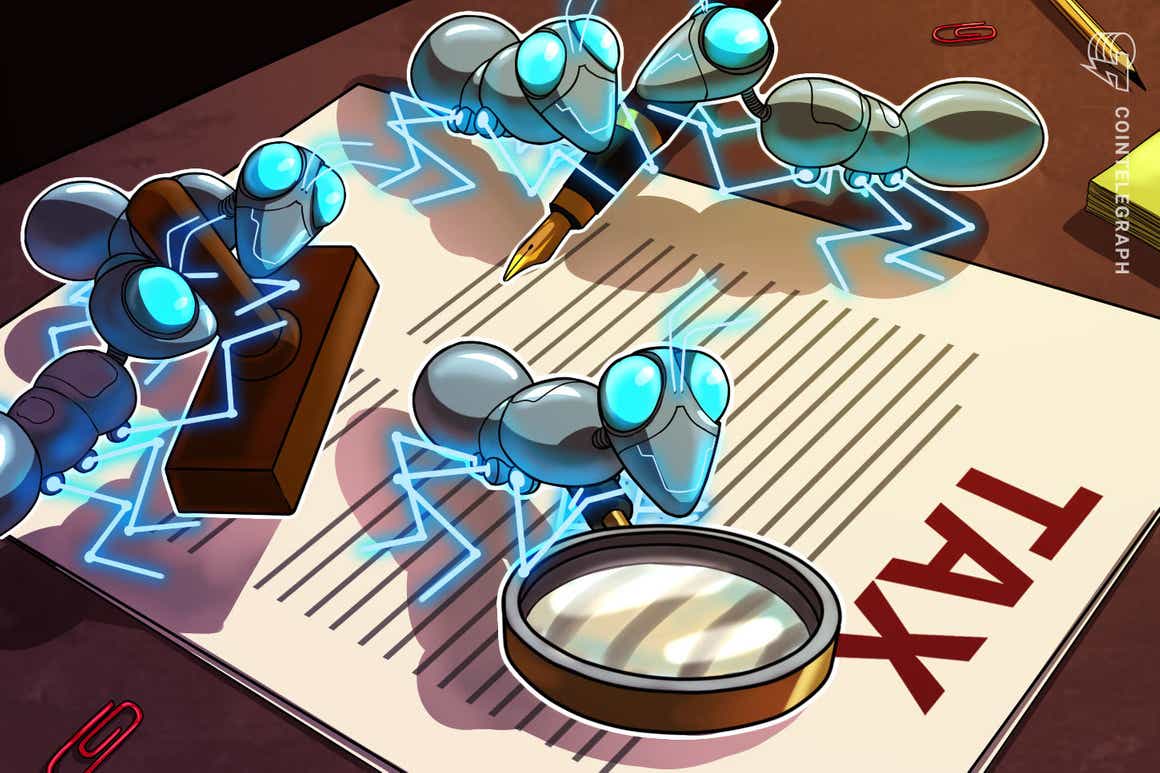In May 2021, a Nashville couple known as the Jarretts filed a lawsuit against the United States Internal Revenue Service (IRS) over taxes they had pai

In May 2021, a Nashville couple known as the Jarretts filed a lawsuit against the United States Internal Revenue Service (IRS) over taxes they had paid on unclaimed and unsold Tezos (XTZ) staking rewards. At the beginning of February, news broke that the lawsuit filed by the Jarretts had come to an end, resulting in the IRS issuing the couple a tax refund for $3,793.
Confusion among crypto holders
Not long after this news made headlines, confusion among the crypto community piqued. One crypto media publication sent a tweet from its official account on Feb. 2, 2022, saying, “BREAKING: IRS will not tax unsold staked crypto as income.” The tweet generated over 4,000 retweets and over 18,000 likes, as Crypto Twitter rejoiced over the assumed notion that the IRS would not tax unsold staked crypto.
More confusion resulted as mainstream media outlets proceeded to publish articles implying that the IRS would not tax passive income from staked crypto. For example, a recent Forbes article published by a senior contributor stated:
“This is a huge win for crypto holders in the U.S. In light of this new information, even without this formal court ruling, some taxpayers might decide to follow a bit aggressive approach and not report staking income at the time of receipt.”
Clearing the air: A ruling was never made
Seth Wilks, head of government relations and SME at TaxBit — a platform specializing in cryptocurrency taxation — told Cointelegraph that a slew of misinformation was spread and false conclusions being made regarding the lawsuit:
“In the eyes of the IRS, nothing has changed. Their position on staking income is the same as it has been for the last several years. This case was really more about a legal procedure than anything else. There was no court ruling that another taxpayer could point to as precedent. Settling this case was the only thing in contention here.”
Wilks said that a court ruling is still to be made, as the IRS has only settled the dispute by paying the couple a refund. He added that assuming the plaintiffs don’t come up with an unexpected legal argument to keep the case moving forward, the likely outcome would be for the judge to fully dismiss the case. “From a legal standpoint, I envision the Department of Justice — which is the law firm for the IRS in these matters — will file a motion with the court to have the case dismissed, citing mootness, meaning it’s no longer applicable since a refund was issued.”
On the other hand, Wilks pointed out that the Jarretts may continue to push the case forward, noting that the couple is working with a team of savvy lawyers while also receiving support from the Proof of Stake Alliance (POSA), which is an industry advocacy group. Given this, the Jarrett’s recently released a statement indicating their goal to have the IRS clarify its position on taxing staking and block rewards “for both proof-of-stake and proof-of-work” systems.
This is important since no clear guidance currently exists for taxing unclaimed staking rewards. As of now, the IRS only asks taxpayers whether they have “received, sold, exchanged or otherwise disposed of any financial interest in any virtual currency.”
Alison Smith Mangiero, a member of the POSA board of directors and president and founder of Tocqueville Group — an asset management firm — told Cointelegraph that the Jarretts’ case may represent the first legal opinion to be written on the subject of taxation of crypto staking rewards.
“This is huge, as POSA has been working on this issue since we started almost three years ago,” she remarked. According to Mangiero, many taxpayers are in similar positions as the Jarretts. Therefore, she thinks it’s crucial for legal arguments to be made around this issue. “This is an argument backed by over 100 years of tax law, and it’s important for people to understand this is a viable position,” she said.
Mangiero added that the POSA worked with law professor Abraham Sutherland in 2019 to initially make the argument around taxation for block rewards. As a result, a detailed report was published by Sutherland in the SSRN, formerly known as Social Science Research Network. The report’s abstract notes that Sutherland “concludes that for both proof-of-work and proof-of-stake cryptocurrencies, the best approach is to tax reward tokens only when they are sold or exchanged.”
With this in mind, Mangiero remarked that the IRS does not determine what is taxable income, but rather its job is to enforce the tax code. She further noted that Sutherland is a legal advisor for the POSA, who also serves as a counsel in the Jarretts’ case.
Next steps: Clarification on staking
Even if the case does progress, Wilks said that the IRS must still issue clear guidance around the definition of staking before an official court ruling can be made. As of now, there is no specific IRS guidance on the definition of staking, resulting in added confusion. Wilks…
cointelegraph.com
